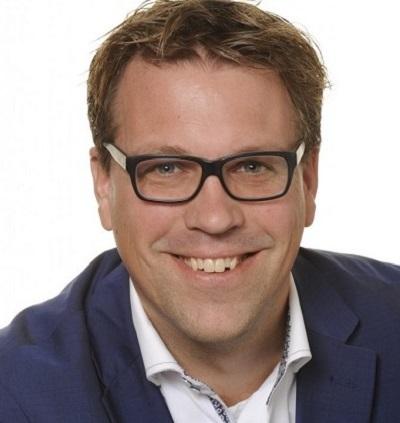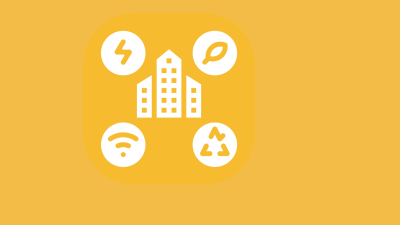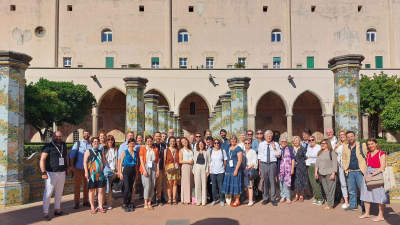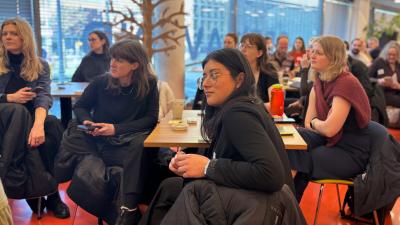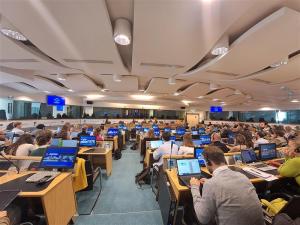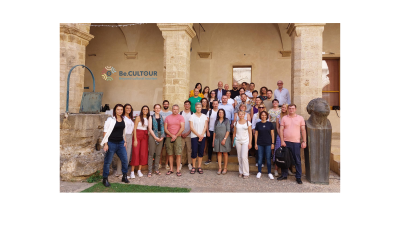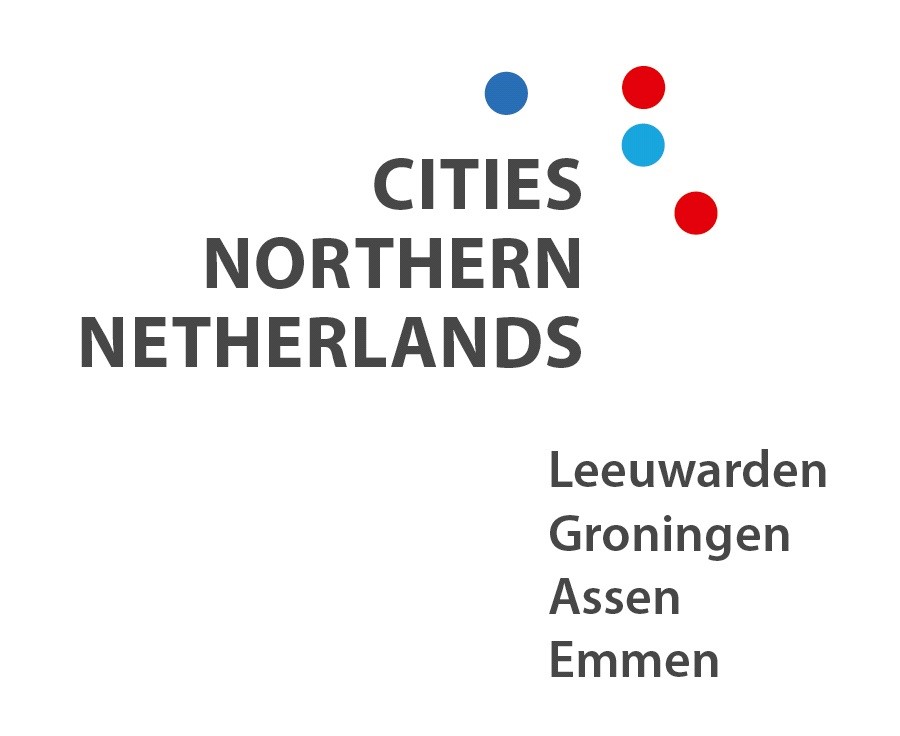
The EU Office of the Northern Netherlands is an in-house office representing the cities Groningen, Leeuwarden, Assen and Emmen in the EU. The EU Office is situated at the House of the Dutch Provinces in Brussels. We represent the interests of the cities and help to develop innovative projects with international partners in the EU. The goal is to find partners from other regions and cities, connect them to our projects and perceive new developments and projects which can contribute to our economic challenges. This way we want to improve the competitiveness and the development of businesses in the Northern Netherlands.
Contact detail
-
Head of office
-
Contact person
-
Brussels Office Address
Rue de Trèves 59-61
1040 Brussels
Belgium
Latest Updates
- By Silvia Ghiretti
Call for new Leaders: Energy and Climate Change Working Group
ERRIN’s Energy and Climate Change Working Group is looking for two new leaders to join the leadership team composed of Scotland Europa, Oslo Region EU Office, Cities Northern Netherlands and West Finland EU Office. Express your interest by Friday 16 August!
- By Gianpiero Petruzziello
Be.CULTOUR Project wraps up a successful journey on circular cultural tourism
In a dynamic two-day event held on 5 – 6 May in Naples, Be.CULTOUR, project in which ERRIN is a partner, successfully hosted its final event 'Beyond Cultural Tourism: Beautiful, Circular, Human'. The results of the project, the tools developed, and the materials and guides produced to inspire and accompany any other regions interested in boosting their sustainability and entrepreneurship of local cultural tourism are available on the Be.CULTOUR website.
- By Francesca Pozzebon
ERRIN joins the NEB Alliance as a founding member
On 26 February 2024, the New European Bauhaus Alliance introduced its Manifesto in Amsterdam. This Manifesto aims to help society move towards strong, climate-positive cities and communities. It wants to bring together people from different fields like engineering, economics, facility management, marine biology, industry, artificial intelligence, and others.
- By Gianpiero Petruzziello
EU Soil Day - Addressing the regional dimension of soil health
The EU Soil Day, held last 6 November at the Committee of the Regions, represented a unique opportunity to address regional and local challenges in soil health. The event, organised by the Region of Murcia in partnership with ERRIN and the HuMUS project with the support of the Spanish EU Presidency, brought together regions, researchers, soil projects and soil enthusiasts to explore the territorial dimensions of soil health.
- By Rodolphe Doité
Regulatory Sandboxes in the Energy Sector - Call for examples
The Energy and Climate Working Group is looking for examples of the creation or the use of regulatory sandboxes in the energy sector, to be presented in an upcoming meeting on this topic on Tuesday 12 December between 14:00-15:30 CET.
- By Gianpiero Petruzziello
Be.CULTOUR peer-learning visit – Policy recommendations on circular cultural tourism
The Be.CULTOUR community gathered in Sciacca, Italy, on 21 -22 September, for the second Be.CULTOUR peer-learning study visit. The event, organised by ERRIN and hosted by The 5 Senses Open-air Museum of Sciacca, one of the 16 Be.CULTOUR mirror ecosystems, provided an excellent opportunity for 50 participants coming from different countries in Europe to share inputs for the Be.CULTOUR policy recommendations on circular tourism and engage in knowledge-sharing and best-practice discussions.
